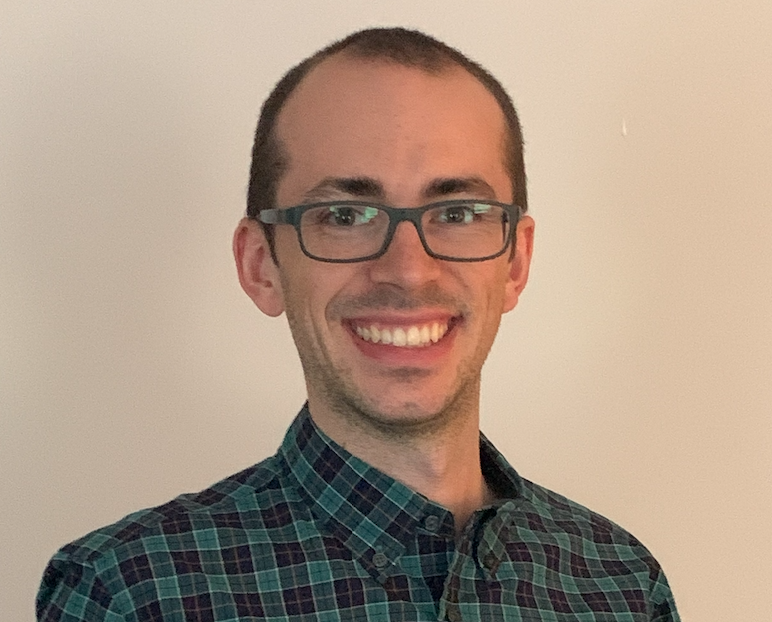The Gregory Paul Lenardo Basic Science Award was graciously endowed by NIH Oxford-Cambridge Scholars Program Co-Founder, Dr. Michael Lenardo, in loving memory of his brother. First awarded in 2016, this annual award recognizes discoveries of fundamental cellular, molecular, or genetic processes using model systems that advance scientific understanding of biological processes in higher organisms. This year at the Annual Workshop, the recipient of the Gregory Paul Lenardo Basic Science Award was NIH-Cambridge and MarshallScholarNicholas Ader. Nick is a Class of 2015 scholar, mentored by Dr. Richard Youle of the National Institute of Neurological Disorders and Stroke and Dr. Wanda Kukulski of the Medical Research Council Laboratory of Molecular Biology at the University of Cambridge.
Nick implemented novel imaging techniques in an effort to better understand how a cell dies. When a cell is no longer needed, it is programed to self-destruct via a process known as apoptosis. Nick’s work to push the limits of cellular imaging has not only provided striking views of this process, but has led to a better understanding of how apoptosis occurs. In their paper published in the scientific journal, eLife, Nick and his mentors describe how the imaging data they collected suggests a new model for how the proteins involved in apoptosis reorganize mitochondrial membranes to set the process of cell death in motion.

Nick successfully defended his thesis in June. In September, he will begin a postdoctoral fellowship in the lab of Patrick Lusk and Megan King in the Department of Cell Biology at Yale School of Medicine. There, he will continue to address basic questions in cell biology by investigating how the compartment that contains a cell’s DNA, the nuclear envelope, is maintained and how this maintenance may fail during cancer.
We wish Dr. Ader continued success and look forward to his accomplishments in the future.

